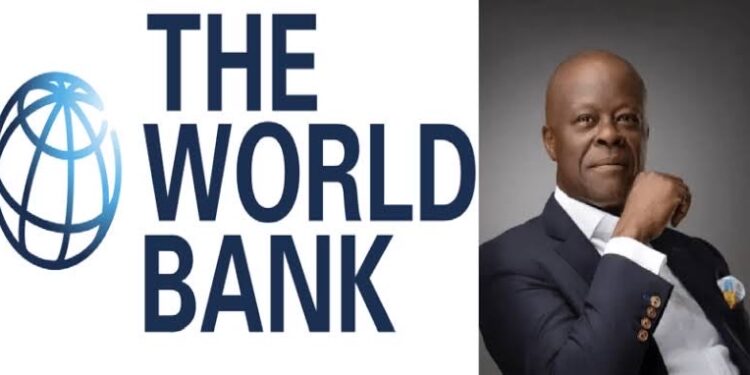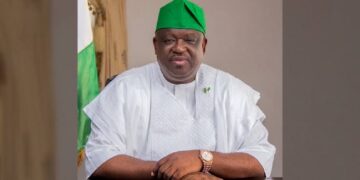The rise in fuel prices triggered a rise in the prices of food and other goods and services. Tinubu’s government appeared ill-prepared for the fallout and therefore sought assistance from foreign agencies, including the World Bank.
The World Bank approved $1.5 billion to support Nigeria’s recent reforms and an additional $750 million for its resource mobilization program. $1.5 billion was allocated to Reforms for Economic Stabilisation to Enable Transformation (RESET), a Development Policy Financing Program, and an additional $750 million for Accelerating Resource Mobilisation Reforms (ARMOR) and Program-for-Results (PforR).

World Bank Vice President for West and Central Africa Usman Diagana “commends Nigeria’s efforts and reiterates the Bank’s commitment to reducing poverty levels in Nigeria,” the Treasury said in a statement released on Thursday.
“Nigeria’s comprehensive macro-fiscal reforms are putting Nigeria on a new path that can stabilize its economy and lift its people out of poverty,” Diagana said. “To mitigate the impact of the cost of living crisis, it’s important to maintain the momentum of these reforms and continue to provide support to poor and vulnerable people.”

































